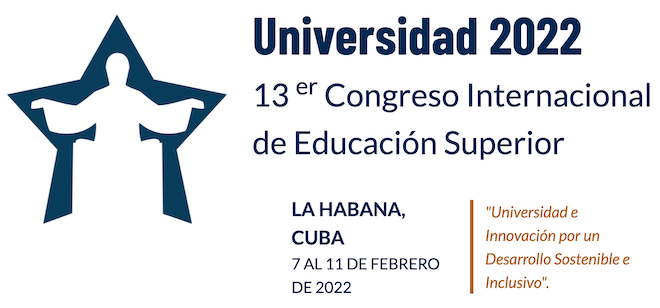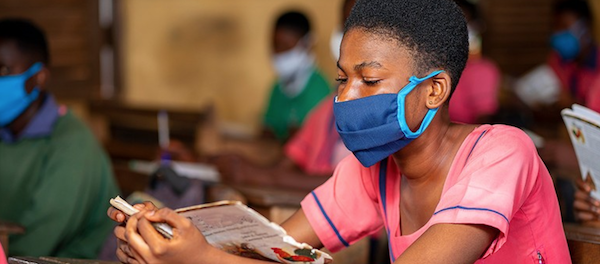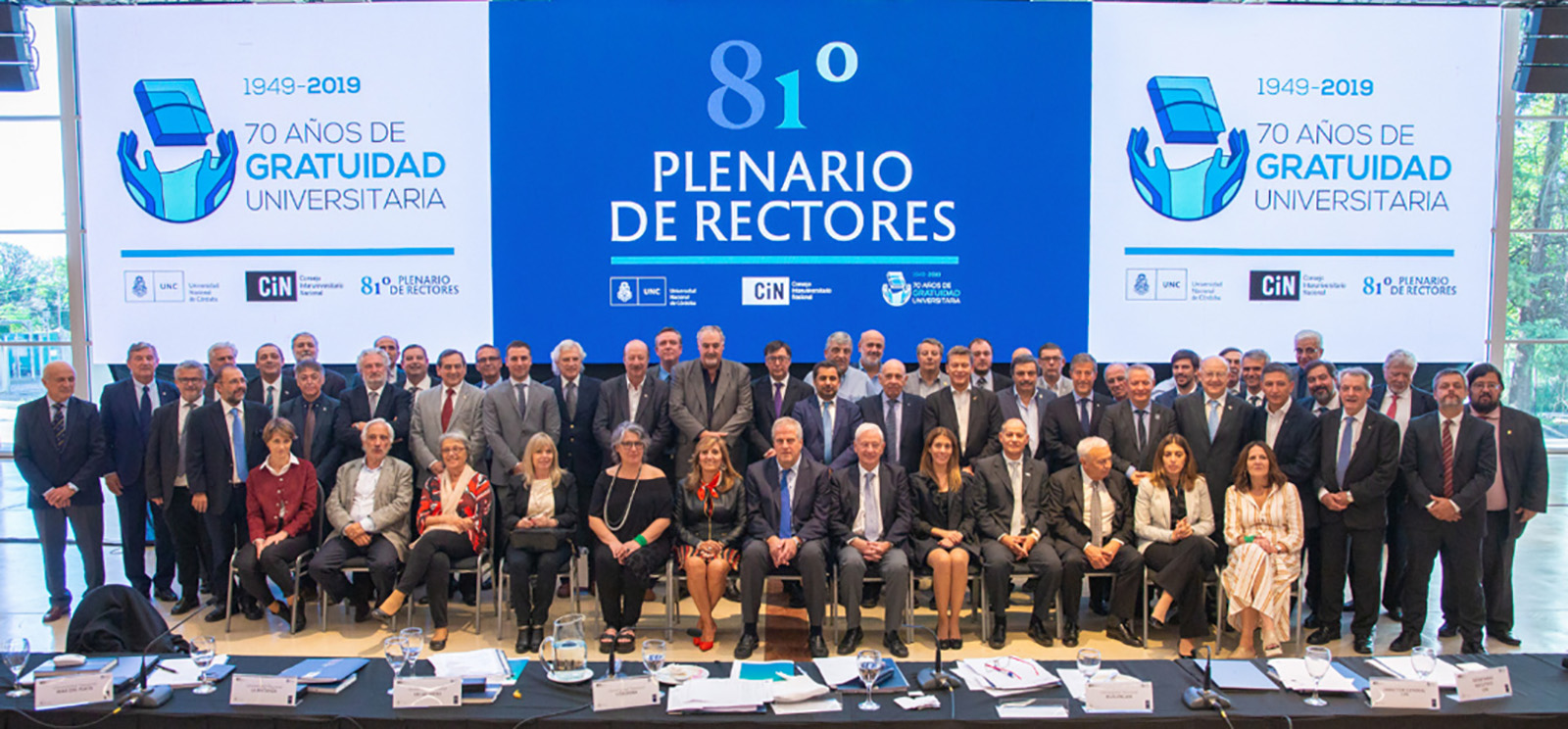Enhancing doctoral candidates’ research impact capabilities

IESALC Policy Analyst, Huong Nguyen, shares the rationale and her experiences in developing a unit that helps commencing doctoral candidates develop their research impact capabilities, in the blog post entitled “Doctoral Research Impact Canvas: Enhancing doctoral candidates’ research impact capabilities”, on the Australian Council of Graduate Research impact blog.
“Humanity is now facing multiple challenges such as pandemics, inequality, poverty, war, climate change, just to name a few. As a special institution that does not only train highly skilled professionals, but also create cutting-edge knowledge, and transfer frontier knowledge to society, universities should no longer operate in an ‘ivory tower’. They should connect more proactively with the wider society to help solve various socio-economic-political problems and to create sustainable futures for all”, says Huong Nguyen.
According to the author, doctoral students play a significant role in this process. A ‘research-impact’ mindset and capability can help doctoral graduates to develop workable plans for how to boost their research excellence and the potential impact resulted from their doctoral study. “By doing so, doctoral graduates can engage more effectively with industry; universities can help realize the UN 17 sustainable development goals”.
In the blog post, Huong Nguyen explains the creation of the ‘Innovation and Impact in Research’ unit to develop PhD candidates’ key capabilities to become an impactful researcher, presented in the format of a Doctoral Research Impact Canvas. “The main components of this canvas included: personal motivation; research context; the project design; potential research contribution and impact; and engagement and communication strategies. This Canvas serves several purposes: (1) it helps PhD candidates to reflect on their personal motivation in pursuing their research topic; (2) it prompts them to verify their research originality; (3) it assists them to argue for an innovative approach and the quality of their project; (4) it guides them to state convincingly their intended academic and non-academic impact; and (5) it helps them to develop a comprehensive strategy for engaging with and communicate research to key research end-users”.
Read the full blog post entitled Doctoral Research Impact Canvas: Enhancing doctoral candidates’ research impact capabilities on the Australian Council of Graduate Research website.
RELATED ITEMS








